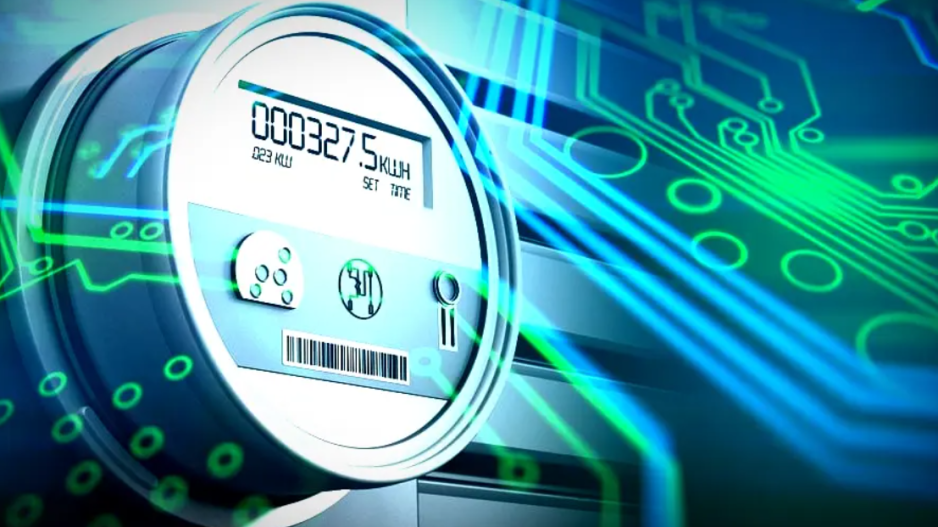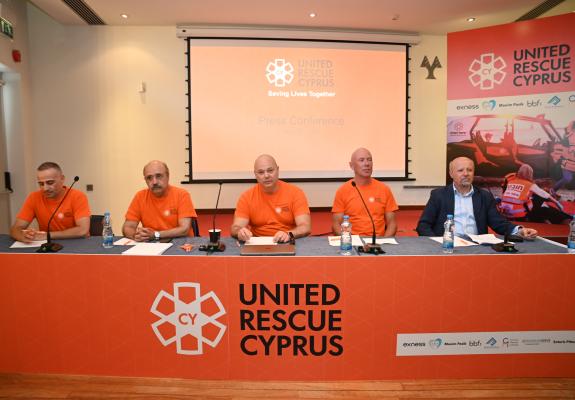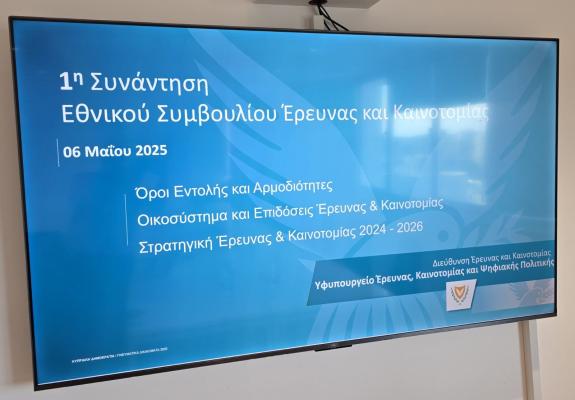Smart Meters: Delay Risks European Funding as Authorities Seek Swift Solutions
The Energy Minister at a Recent Parliamentary Committee Meeting Mentioned Exploring Alternative Solutions Outside of Public Tenders
Years have passed, and the issue with smart meters in Cyprus not only remains unresolved but has in fact escalated. The project is now significantly delayed, having missed the initial deadline of March.
The delay is problematic not only for the energy sector and the operation of Renewable Energy Sources, as smart meters can identify energy leaks and excessive consumption, but also for the financing of the project. There is a real risk of losing the €35 million in funding from Europe through the Resilience and Recovery Plan.
Due to other company's legal appeals and a ruling by the Administrative Court, the contract signing with CYTA could not be finalized. The Court's decision highlights that CYTA's operational legislation does not include the provision of devices, especially electricity consumption meters.
The Ministry of Energy and the Electricity Authority of Cyprus (EAC) are now moving quickly to resolve the issue, considering the following steps:
-
Requesting a new extension from the European Commission regarding the installation of smart meters.
-
Filing an appeal against the Administrative Court's decision, which is a time-consuming process. Note that there are other appeals regarding the same issue pending before the Administrative Court.
-
Exploring alternative options for the purchase and installation of smart meters.
-
Accelerating another company's appeal related to the same tender before the Review Authority of Tenders.
Considering the smart meters as "critical infrastructure" is also being discussed within EAC. According to the Cyprus News Agency, the Minister of Energy at a recent parliamentary committee meeting mentioned exploring alternative solutions outside of public tenders.
It is important to note that the Minister of Energy did not elaborate on these alternative solutions when asked by Brief.
According to the binding timelines set by the Recovery and Resilience Fund, the contract should have been signed by the end of March 2024. The plan included receiving 50,000 meters and installing 15,000 of them by September 2024, and receiving 400,000 meters with 250,000 installed by June 2026.






